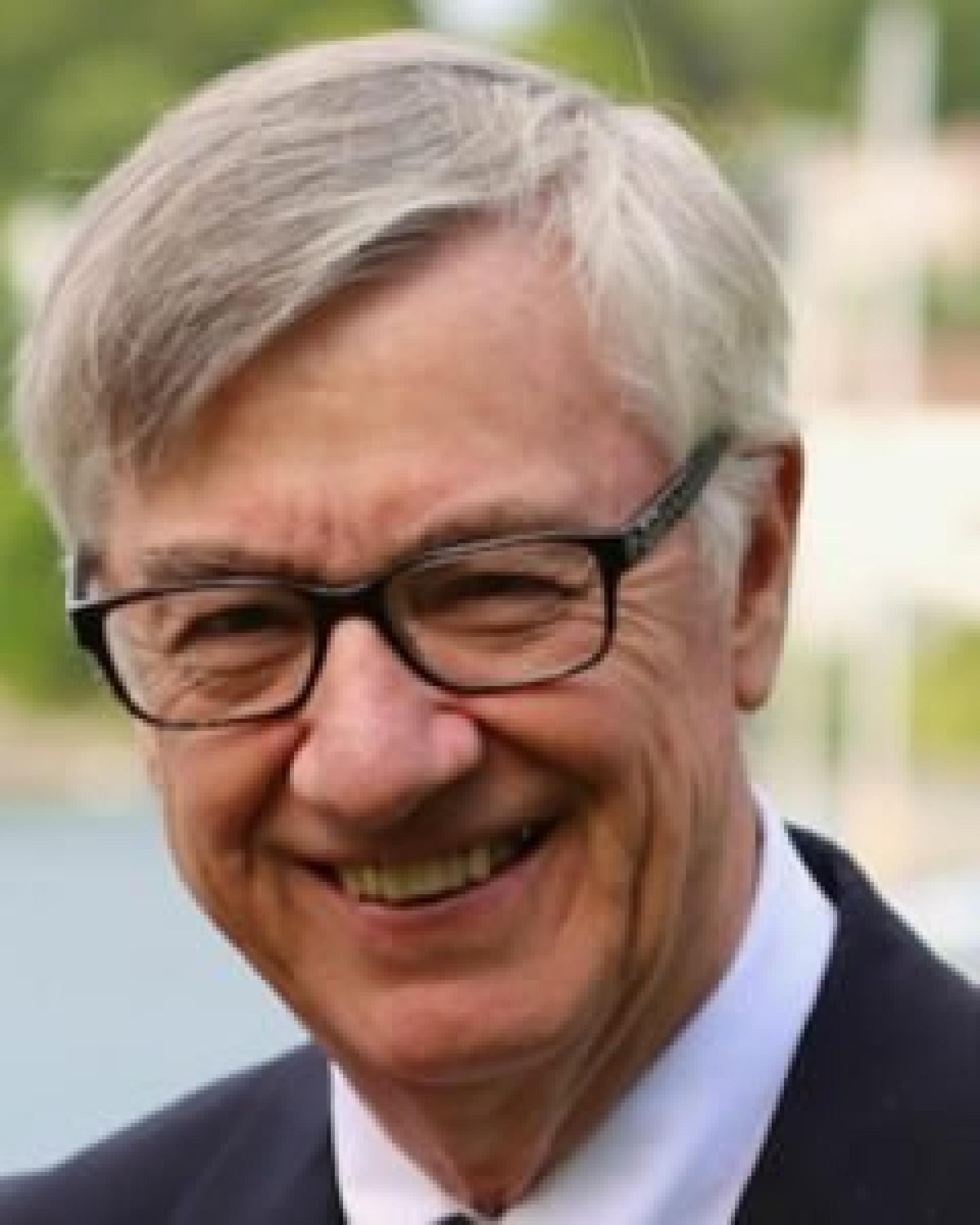November 2021 Society Spotlight
Meet R. Allan Purdy MD, FRCPC, FAHS
Learn everything you can about migraine…
This month will be my 25th Scottsdale Headache Symposium. I first came to the Scottsdale meeting in 1996 at the request of Dr. Fred Sheftell, a good friend, and former AHS President. He wanted me to speak to the AHS Board of Directors about Case Based Learning (CBL) in headache, which was an interest of mine for some time.
After discussing a case with the board members, they gave case learning a slot at the next two Scottsdale meetings. Those who participated enjoyed the teaching method. Since then, learning through cases has become a staple at our Scottsdale meetings and even for some of our Scientific meetings. The attendees were learning about migraine and other headache disorders in the context of cases. It appears that cases are one of the best ways to convey knowledge and skills necessary to practice medicine. Cases get doctors involved in thinking and discussing their opinions with colleagues.
In the past, I went to medical school in Canada and did internal medicine training, followed by a neurology residency and fellowship in electrophysiology. I did private practice for five years, in another province, and I saw numerous cases of migraine. At one point, I saw two patients in one month who had migraine with aura that proceeded into a generalized seizure. Following that, I thought if there was one disorder I would love to study, it would be migraine. For me, the rest is history, as I returned in 1983 as a clinician-teacher at my medical school and teaching hospitals in Halifax, Nova Scotia, Canada.
Since then, I continued as a consultant who saw patients with numerous and varied conditions. Around 1990, something interesting happened. The triptans hit the world for the treatment of migraine, with impressive results. I still did general neurology, but became more interested in headache, especially migraine and secondary headache disorders. Also, I was very interested in cluster headache, with the complex symptoms, including autonomic, and the reality of how hard cluster was to be treated effectively in some patients. Nevertheless, this ‘time clock’ headache, although rare, fascinated me and I tried to help my patients as best I could. I considered myself ‘a neurologist with a special interest in headache’ and never put myself forward as a headache specialist. Over time, however, I learned a lot from travel, numerous meetings, headache specialists and other luminaries in the field.
Currently, after over four decades of neurology I have retired from clinical practice. I have been President of AHS, a great honor for me and one in which I hope to have made a difference, particularly in teaching about headache. I was very happy to see the evolution of the AHS Resident Education Program. I have continued to serve on many committees, some as Chair, until present. Further, I have been involved in the activities of the Canadian Headache Society, where we created an annual National Neurology Residents Headache course 23 years ago, and in the International Headache Society, for decades. I recently stepped down as Chair of the Education Committee for IHS. This position allowed me to be involved in directing headache teaching around the world, especially when it is related to headache cases.
If you want to see my academic activities just check my bio for the upcoming meeting. I am still a neurologist and a teacher, and still love cases and consider myself a lifelong learner. It all has meaning for me. ‘What exactly is migraine?’ is a question I always ask people. It may be, “…part of the human condition…” as Peter J. Goadsby, MD, PhD, FAHS, once quipped to my question on the matter. I think the answer may come someday, but until then, I do think migraine teaches us how the brain works in many ways and that fascinates me, particularly since I have had late life migraine accompaniments for years. I can attest that ‘migraine’ is a marvelous teacher for physicians and one to listen to, watch carefully and learn from.
So, enjoy being a part of AHS and come to our meetings! The teaching and content are always excellent. But the people you will meet and interact with are wonderful and I regard many as close friends and colleagues. I have had a great journey to date and hope to keep going for a while yet!
Allan

This article is accurate and up to date at the time of posting, but may not reflect the most recent scientific developments or updates.